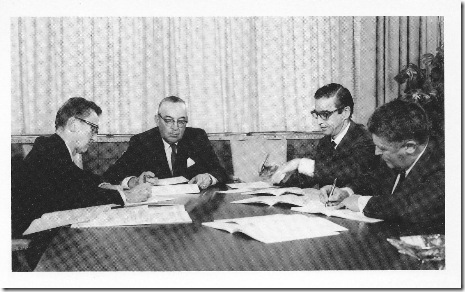Item: Kevin Hutchings, a former cabinet minister, asked the finance minister why the provincial government had not gone to war with Ottawa to get some Equalization. Hutchings had a letter in the Telegram on Monday confirming for its subscribers that he hasn't got a clue.
The Tories tweeted this:
MHA Hutchings "why have liberals not worked to secure modernized equalization formula tied to fiscal capacity?"
Equalization is a program introduced in 1957 to make sure that all provincial governments have at least the same basic fiscal capacity to deliver provincial services.
Since 1957.
Based on provincial fiscal capacity.
The federal government figures out an average for provincial governments. Fall above the line you get squat. Fall below the line you get cash. The work out the fiscal capacity as being so many thousand dollars per person in the province.
Item: In reply to the question, finance minister Cathy Bennett says the provincial government has been talking to Ottawa about bigger hand-outs and, oh yeah, the current Equalization formula is the one Hutchings and his crowd negotiated.
On that second point, errr, no.
The federal government puts the thing in place.
There are no negotiations.
Item: For the record, the provincial government doesn't get Equalization because it makes too much money. We are a "have" province.
As the governments own visiony documenty thing stated just last week: "Even in 2016-17,
That is supposed to be a good thing.
And it is.
Our government brought in more money per person than Alberta.
The problem is that bit where the three dots were in the original quote. We also spent the most per son of every government in the country.
On what basis does a politician from this province think for one second that we have a right to be like Danny-Williams-rich and then go looking for welfare because we couldn't make ends meet AND get pissed off when they don't give it to us?
Seriously.
Item: "Mary Shortall, president of the
The provincial government is in financial trouble *because* "the public service is the main driver of the local economy."
But Mary wants to keep going down a road that ends in catastrophe for everyone, including all the people in Mary's unions.
If you want to understand why the government is a mess, you now have a really good idea.
-srbp-














